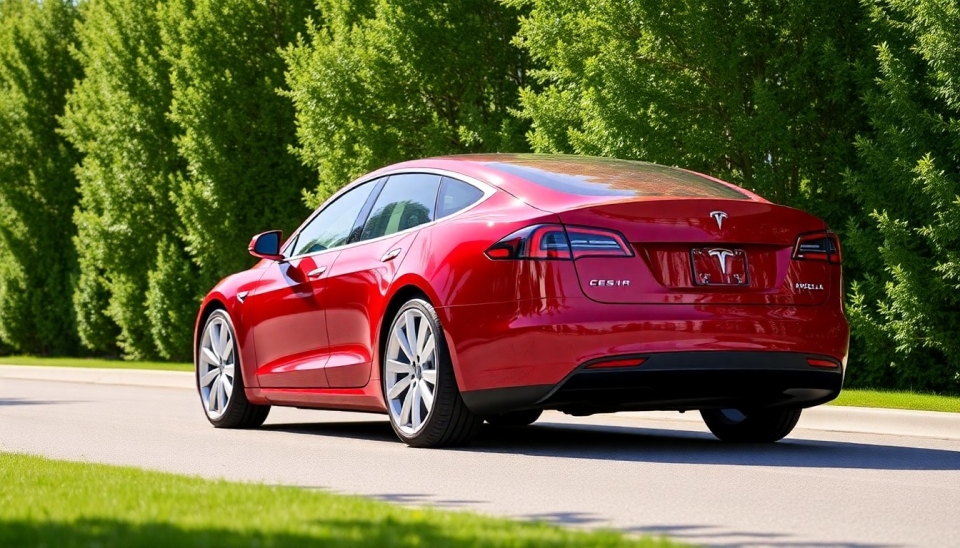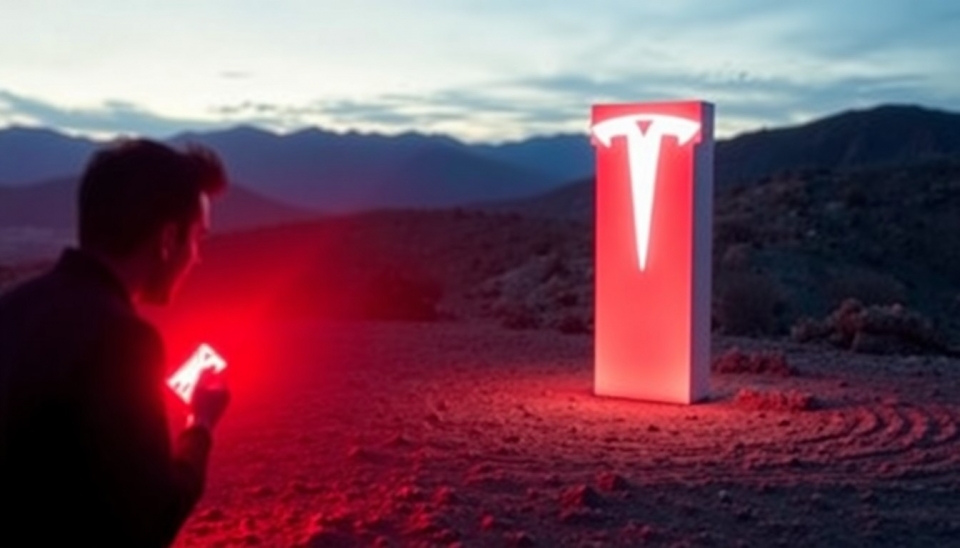
In a landscape dominated by tech billionaire Elon Musk and his aerospace company SpaceX, another contender is fiercely striving to make a name for himself in the realm of space exploration. Peter Beck, the founder and CEO of Rocket Lab, is actively working to narrow the competitive gap with Musk, whose SpaceX has set the bar exceptionally high with its multiple successful launches and advancements in reusable rocket technology.
Rocket Lab, a company founded by Beck in 2006, originally emerged as a promising player in the small satellite launch industry. It has gained a reputation for reliability and innovation, primarily using its Electron rocket, which is designed to transport small payloads into orbit. However, even with a series of successful launches, the company is aware that it needs to step up its game to truly challenge SpaceX.
Beck’s vision does not stop at launching small satellites; he is seeking to expand his company’s capabilities significantly. To that end, Rocket Lab is developing a larger rocket, known as Neutron, which is set to take on bigger payloads—including those that are crucial for missions to Mars and beyond. The Neutron rocket aims to improve Rocket Lab's competitive positioning against SpaceX’s Falcon 9, allowing the company to target a broader range of contracts and missions.
Despite the daunting task ahead, Beck remains undeterred. He has publicly stated that achieving a launch cadence comparable to SpaceX is a critical objective for Rocket Lab. As it stands, SpaceX has achieved a launch frequency that is unchallenged in the industry, providing a steady flow of revenue and a prominent role in both commercial and government space missions. Beck acknowledges the challenges that come with closing this gap but insists that Rocket Lab is gearing up for this competition.
One of the strategies Rocket Lab is employing to position itself more favorably in the space race involves aggressive partnerships and collaborations. The company has actively sought alliances with agencies and corporations aiming for various space objectives. By working alongside established entities in the industry, Rocket Lab aims to bolster its credibility and capability. Such partnerships could provide the access necessary to larger payloads and more complex missions, essential for gaining ground against SpaceX.
Moreover, Beck is not just focusing on hardware; he is also paying close attention to market dynamics and customer needs. Understanding that flexibility and responsive service are paramount for clients, Rocket Lab is focusing on enhancing its customer relationships and improving launch service offerings. This strategic pivot could appeal to a more extensive client base looking for both reliability and customized solutions.
As the competition heats up, the space industry is witnessing a transformative phase where every launch could determine the future foothold of emerging companies like Rocket Lab. Beck’s formidable challenge is clear: match the scale, reliability, and innovation of SpaceX while continuing to cater to the expanding demands of the aerospace market.
In conclusion, while SpaceX's achievements set a high standard, Peter Beck and Rocket Lab are dedicated to innovating and expanding their reach to ensure their place in the fabric of the space industry. As this competitive white-knuckle race accelerates, it will be fascinating to observe how it unfolds and whether Beck can indeed close the gap on his billionaire rival.
#ElonMusk #SpaceX #PeterBeck #RocketLab #Neutron #SpaceRace #AerospaceIndustry #Innovation #Satellites #SpaceExploration #Technology
Author: Emily Collins




